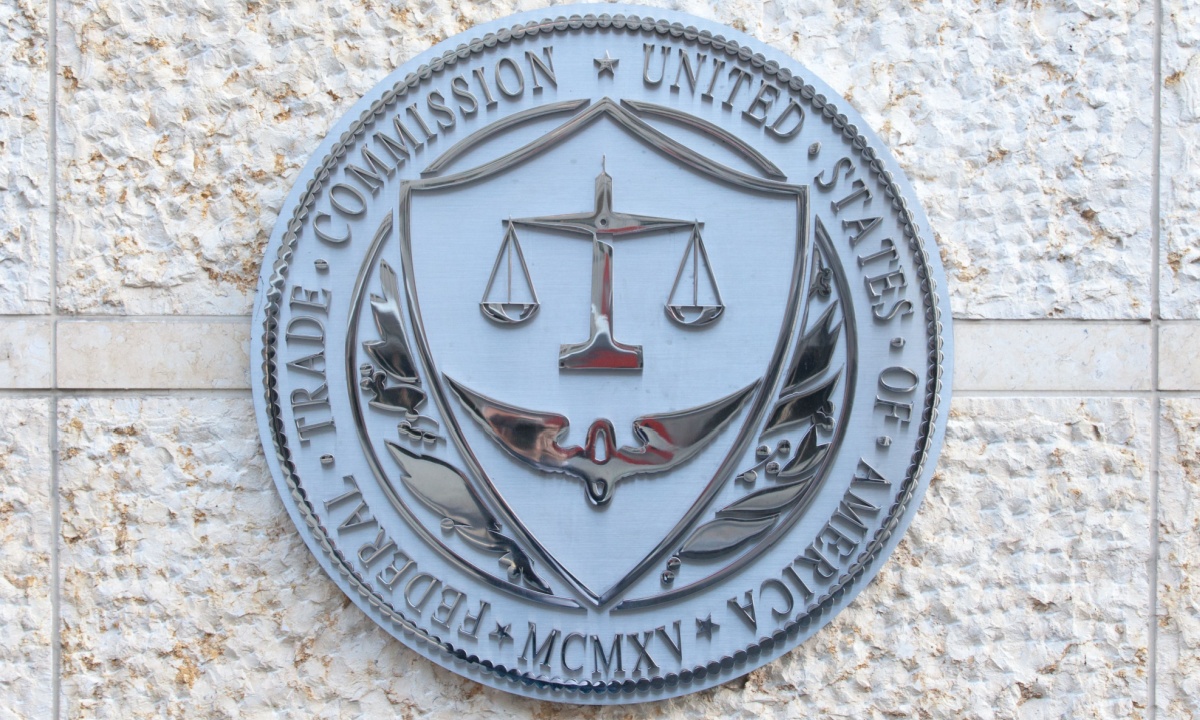
The U.S. Treasury Department, Federal Trade Commission (FTC), and Consumer Financial Protection Bureau (CFPB) have announced a joint initiative aimed at cracking down on deceptive practices and scams in the solar industry. This coordinated effort, which was unveiled on Wednesday, seeks to safeguard homeowners from fraudulent schemes and ensure that companies in the clean energy sector adhere to strict consumer protection laws.
According to a statement, the Treasury Department released a new advisory on its website that provides crucial tips for consumers on how to identify and avoid scams associated with solar energy. This advisory emphasizes that fraudulent activities are illegal and offers guidance on recognizing dishonest sales tactics. Simultaneously, the FTC launched an online portal designed to allow consumers to report instances where they have been misled or cheated by solar companies.
The collaboration between these federal agencies marks a significant step in enhancing the government’s approach to protecting solar consumers. FTC Commissioner Lina Khan highlighted that the partnership would “turbo-charge” efforts at the state level, aiming to bolster the enforcement of consumer protection measures. As solar power and other high-efficiency home improvements become increasingly popular among homeowners seeking to reduce energy consumption and lower utility bills, the presence of bad actors in the industry has also grown. Per the statement, the advisory warns consumers to be on the lookout for scams, including those where fraudsters impersonate government officials or utility companies, as well as businesses that misrepresent costs, potential savings and financing options.
Legitimate clean energy companies are urged to be transparent and honest in their dealings with consumers. The FTC has made it clear that businesses must provide accurate information regarding the total cost of solar installations, financing details and any potential savings from tax credits, rebates or incentives. Misleading claims or exaggerations are not only unethical but also illegal under the FTC Act and the newly introduced Impersonation Rule, which protects consumers from entities falsely claiming to be affiliated with the government or other legitimate organizations.
The importance of compliance with both existing and new regulations is underscored by recent enforcement actions. The case against Ygrene Energy Fund, brought by the FTC and the state of California, serves as a cautionary tale. Ygrene was accused of deceiving homeowners about the terms of financing for home improvements, leading to liens that complicated the sale of their homes. The resulting settlement required the company to allocate $3 million to assist affected homeowners and remove unauthorized liens. This case illustrates the significant consequences that can arise from violating consumer protection laws.
As part of the broader initiative, the FTC’s Impersonation Rule is highlighted as a critical tool in the fight against solar and clean energy scams. This rule targets not only those who falsely claim government affiliation but also those who misrepresent ties to legitimate businesses. Consumers and businesses alike are encouraged to report any instances of impersonation or other deceptive practices related to clean energy systems to the FTC.
Source: FTC Gov
Featured News
Big Tech Braces for Potential Changes Under a Second Trump Presidency
Nov 6, 2024 by
CPI
Trump’s Potential Shift in US Antitrust Policy Raises Questions for Big Tech and Mergers
Nov 6, 2024 by
CPI
EU Set to Fine Apple in First Major Enforcement of Digital Markets Act
Nov 5, 2024 by
CPI
Six Indicted in Federal Bid-Rigging Schemes Involving Government IT Contracts
Nov 5, 2024 by
CPI
Ireland Secures First €3 Billion Apple Tax Payment, Boosting Exchequer Funds
Nov 5, 2024 by
CPI
Antitrust Mix by CPI
Antitrust Chronicle® – Remedies Revisited
Oct 30, 2024 by
CPI
Fixing the Fix: Updating Policy on Merger Remedies
Oct 30, 2024 by
CPI
Methodology Matters: The 2017 FTC Remedies Study
Oct 30, 2024 by
CPI
U.S. v. AT&T: Five Lessons for Vertical Merger Enforcement
Oct 30, 2024 by
CPI
The Search for Antitrust Remedies in Tech Leads Beyond Antitrust
Oct 30, 2024 by
CPI